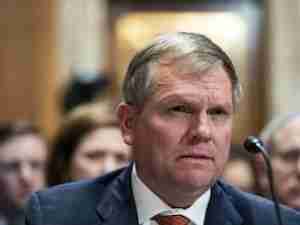The TTI report indicates that traffic congestion costs the US $87.2 billion annually, more than $750 per traveler. Economic costs of traffic congestion have increased 63% over the past decade. Despite declining traffic volumes, caused by a historic economic downturn, Americans still waste more than 2.8 billion gallons of fuel each year as a result of traffic congestion. Motorists also waste 4.2 billion hours annually, or one full work week per traveler.
While public transportation could supplement highway capacity expansion on certain corridors in densely populated areas, highway improvements are the only viable, cost-effective solution to addressing congestion in the vast majority of US communities. The TTI report found that 75% of travel time and congestion cost savings produced by public transportation systems were concentrated in just six cities, with New York City capturing half of the nationwide benefits.
A robust investment in transportation infrastructure is the most effective way to alleviate our nation's looming congestion problems. We must invest our limited resources wisely by focusing specifically on traffic 'chokepoints' that suffer the worst from congestion. Greater highway capacity will aide passenger mobility and help stimulate our economy through improved freight productivity. According to the TTI report, 12,676 new lane-miles of highways and roads are needed to keep up with congestion.
While federal economic stimulus funds for transportation infrastructure have already injected an additional $16 billion into highway and street projects, the boost is insufficient compared to the investment needs. IHS Global Insight concluded that real spending would contract 5.5% in 2009.
The federal fuel tax remains the most cost-effective way to fund essential congestion-reducing infrastructure projects. Tolling and public-private partnerships cannot match the efficiency and equitability of fuel taxes. The collection of fuel taxes costs only a few cents on the dollar, while versions of tolling can cost one-third of the revenue collected. (ATA)







